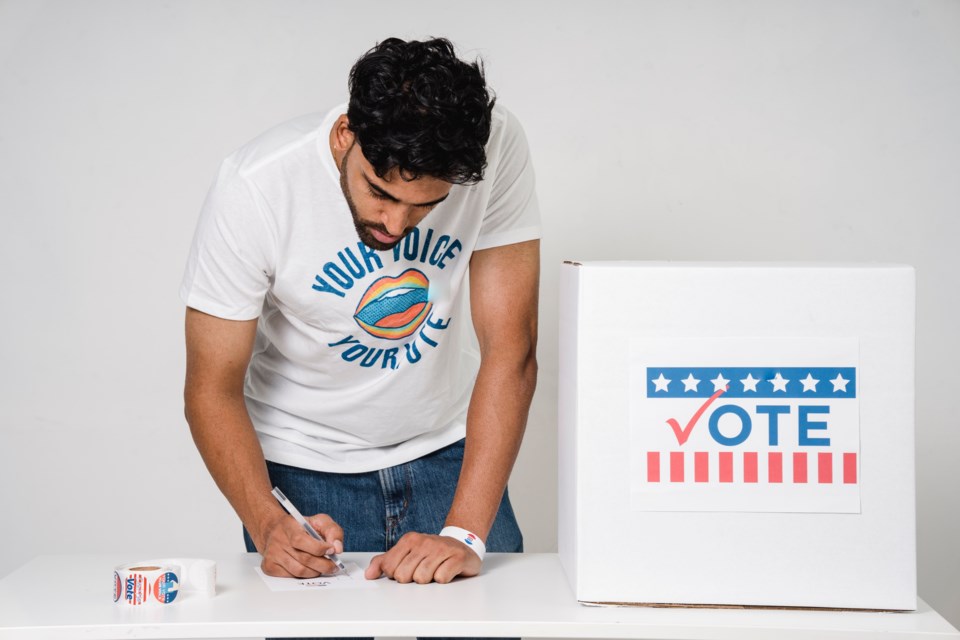The Longmont Leader accepts contributions, photos, and op-eds for publication from community members, business leaders and public officials on local topics. Publication will be at the discretion of the editor and published opinions do not represent the views of the Longmont Leader or its staff. To submit a contribution, email [email protected].
Over 50 years of research has documented the “bystander effect” in which people fail to intervene in a sexual assault that they witness. The more people are present, the less likely someone will offer help to the victim – responsibility seems diffused among those present. Would you step up?
How does modern politics reflect this failure of social responsibility?
Many social classes (including the young, people of color, ethnic minorities, women, those with disabilities, and gender minorities) suffer from injustices that could be corrected if people stood up and acted in concert. That’s how all social progress has been achieved – through the organized action of citizens - including the development of democracy; programs like social security; and worker, consumer, reproductive, privacy, legal, and voting rights.
When we choose to “opt out” of the political process, we sidestep our role in creating a government and policies that address the desperate need of victims of current conditions.
We say “No thanks” to having someone’s back who cannot win their fight alone.
We say “I’m good” to the victims of discrimination, exploitation, abuse, harassment, and outright attack.
We say “I don’t get involved in politics” because we are privileged; we are lucky; we are in a protected class.
That’s messed up. People should help each other. We can have what we want if we just stay informed and involved. That’s why it’s important to vote. Find out what is happening and use your power to protect folks who are being victimized.



